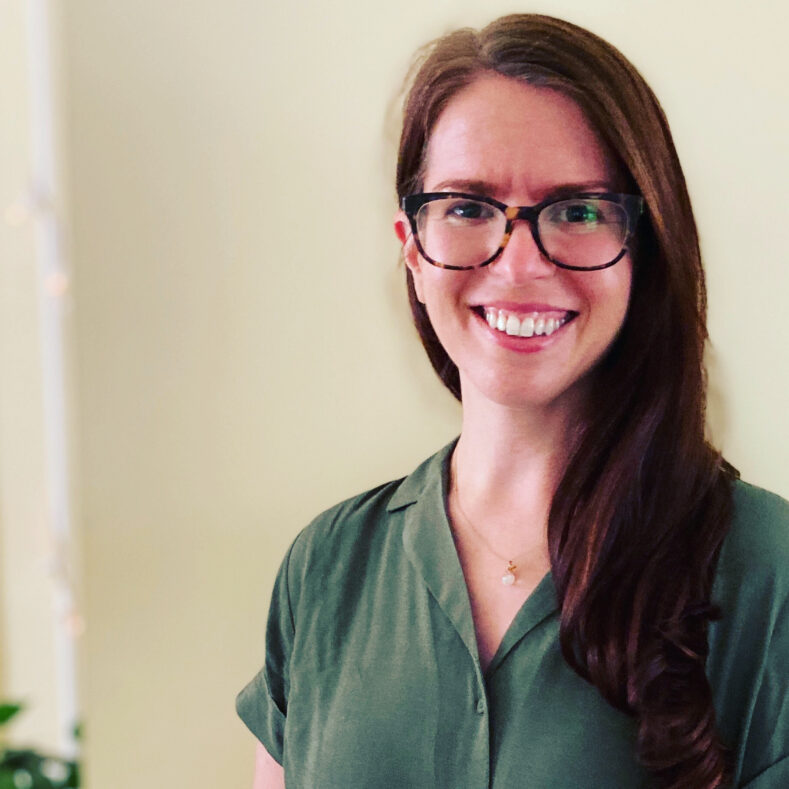University of Maine Department of Psychology AgingME GWEP Fellow Amy Halpin

I had the wonderful opportunity to serve as the Geriatric Workforce Enhancement Program (GWEP) Psychology fellow for the 2020-2021 academic year. As a doctoral candidate in clinical psychology with an emphasis in neuropsychology, I am interested in a career as a clinical neuropsychologist working with older adults. My position within the GWEP has been instrumental in helping to prepare me for this type of career in several ways. A central theme throughout my year as the GWEP fellow, was learning through a “train the trainer” model. Within this approach, I received extensive training and mentorship from my faculty supervisors through constructive and prompt feedback, frequent meetings, and supportive collaboration. I also had the privilege of learning from a fellow graduate student who served in the GWEP fellow position in the year prior to me. In turn, these experiences strengthened my ability to disseminate knowledge and train other graduate students within my department on issues pertinent to working with older adults. This was achieved through creating an older adult specific telepsychology training manual, presenting a seminar for my department on the challenges of appropriately and accurately using cognitive screening measures, and providing a workshop for first year clinicians about common myths and misconceptions in conducting telepsychology with older adults. I found the train-the-trainer model to be particularly well suited and helpful at this juncture in my training, considering that I often have dual responsibilities of both receiving and providing didactics. Further, these experiences will serve me well in the next step of my training during my internship year in which I will be presented with many opportunities to train students and clinicians in other disciplines that are tangential with and overlap with the field of neuropsychology.
I enjoyed learning about aging through the lens of nutrition, social work, and pharmacy, as many of these areas intersect with psychological challenges faced by older adults.
I also found the GWEP to be pivotal in informing and strengthening my knowledge base for working with older adults. This was accomplished through attending monthly didactic seminars led by various allied health care providers which provided me with useful insight and alternative perspectives regarding age-related issues. I enjoyed learning about aging through the lens of nutrition, social work, and pharmacy, as many of these areas intersect with psychological challenges faced by older adults. Additionally, I had the opportunity to present my own seminar on the appropriate use of cognitive screening measures in health care practices commonly frequented by older adults. These experiences helped to expand and refine my skill set, respectively.
Collectively, these experiences have strengthened my abilities and confidence to work with older adults, disseminate evidence-based knowledge, and work effectively within an interdisciplinary setting. I am grateful for the opportunity to work with the GWEP and both receive and provide training in a dynamic manner. It is inspiring to contribute to work that will help future clinicians work more effectively and comprehensively with older adults in Maine!
